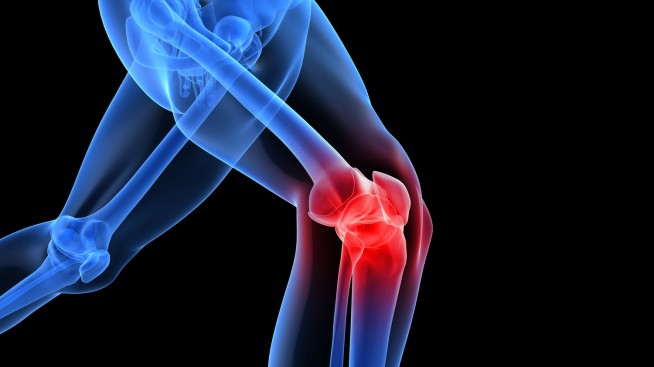Injuries are irritating, but they certainly aren’t unexpected. There are all sorts of things that can happen to you accidentally or incidentally that create harm in your body. Even just the fact that you’re getting older means that you’re more likely to suffer from pain.

Because of this, it’s not a terrible idea to ask yourself if you are prepared for an injury. Even if it seems like a strange question, you’ll see the benefits once you dig into the theory.
When it comes to injuries, what are some of the things that might happen to you? Perhaps you have a small strain or sprain that you can deal with on your own. In cases of injury because of someone’s negligence, do you know what to do as legal recourse?
And, it’s not a bad idea to practice with your family for emergency situations where injuries may result. All of these questions and pieces of advice create a future for you in which you are better prepared.
Small Injuries To Deal With On Your Own
If you suffer from a small sprain or strain, you may be able to heal on your own. With the correct application of heat, ice, stretching, and taking it easy, you should be back to good in no time at all. Especially if you play sports, then you know the feeling when a muscle or tendon gets slightly injured. In most cases, there are individual efforts you can make to improve your healing efficiency.
Injuries With Legal Recourse
In situations where personal injuries are significant, legal recourse may be a good idea. Do you know the number of a personal injury lawyer? Do you know what kind of evidence you should gather at the location where the injury took place? Knowing these things ahead of time will ensure that you are prepared for an injury, even though, ideally, none of us will ever get hurt doing anything. That’s not realistic.
Practicing for Emergencies
Do you have emergency plans with your family? In a lot of natural disaster situations, people get hurt because of environmental considerations. Do you know how to handle these injuries? Do you know how to communicate with the proper authorities if you need medical attention? Do you have directions to hospitals or clinics?
When you’re moving through emergency contingencies, the more detailed you get with your answers, the better prepared you’ll be if something terrible happens in the future. Sometimes the difference between a situation resolving one way or another is entirely dependent on the preparedness of the parties involved. Preparing for emergencies isn’t about paranoia, but it is instead about safety and knowledge.